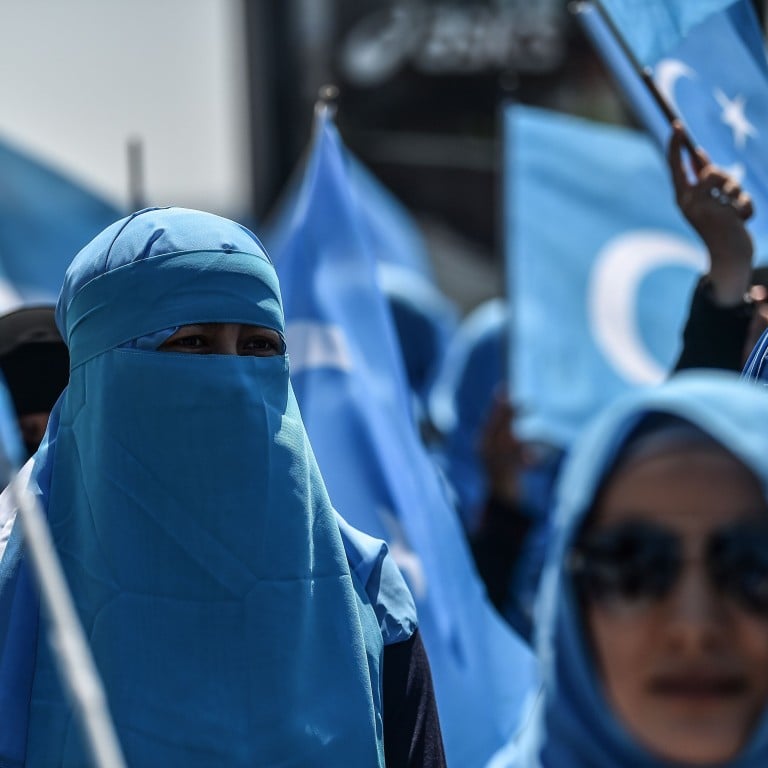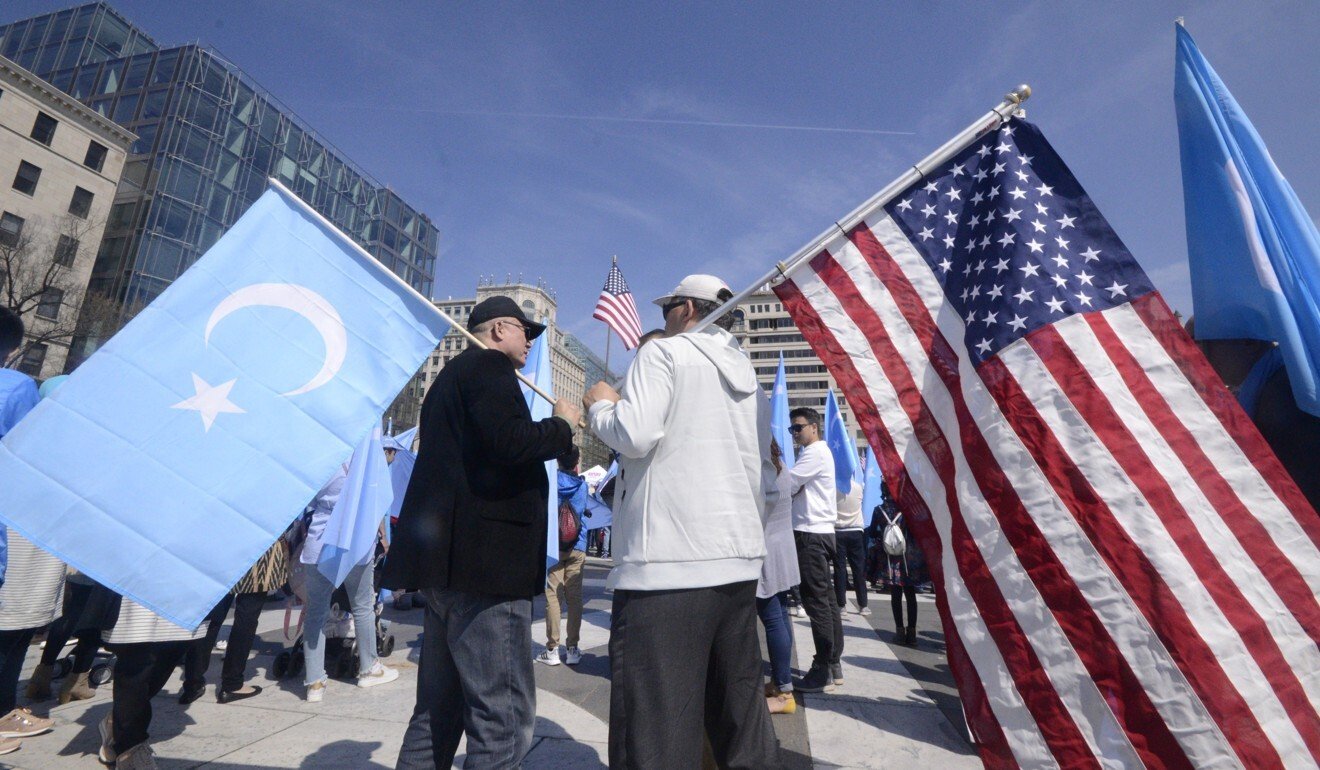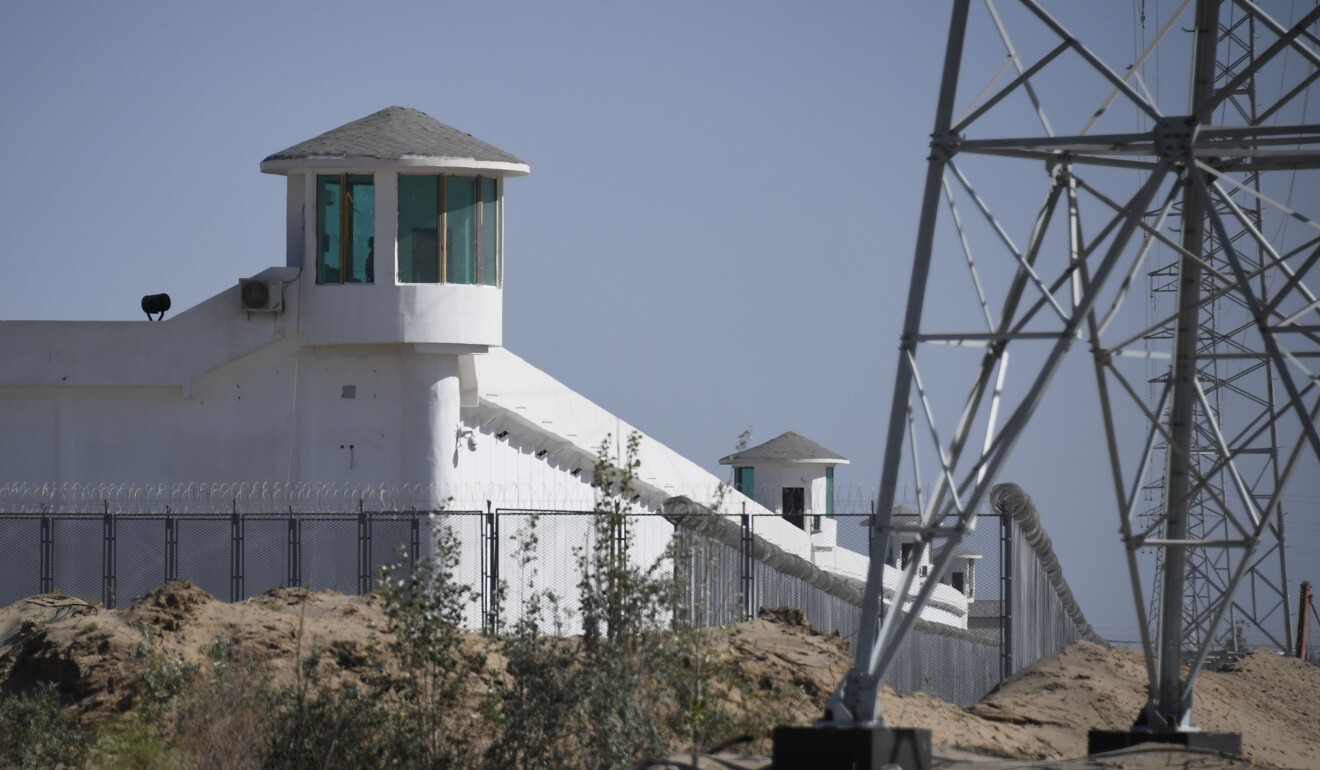
China could face greater terrorism threat as US ‘delists’ East Turkestan Islamic Movement, experts say
- Washington’s decision to remove the ETIM from its list of terror groups will be detrimental to China-US counterterrorism efforts, academic says
- The UN Security Council said in July the ETIM controlled between 1,100 and 3,500 fighters, mostly in Syria and Afghanistan
However, China is unlikely to change its counterterrorism strategy on the back of the decision, they say.
“As long as the US prescribed the [ETIM as a] terrorist organisation it meant the US and China could look at counterterrorism cooperation as a possible point of engagement,” he said.
“Now the US no longer recognises the group, the opportunity is gone.”

The inclusion of the ETIM on the terror list was widely seen as Washington trying to win Beijing’s support for its then president George W Bush’s so-called war on terror.
Indonesia deported three Uygurs to China before Pompeo visit, security source says
Rohan Gunaratna, a professor of security studies at Nanyang Technological University in Singapore, said the US was wrong to delist the ETIM as the move could put China and Chinese people living abroad at risk.
“No geopolitical or political rivalry should compromise international, regional and national security,” he said.
“The US should have never done it. The US and China have many differences and difficulties … [but] they should have a bi-party approach on counterterrorism.
“This is a decision that should be revisited and reviewed by the new US government,” he said.

“The ETIM is not a group operating in Xinjiang,” he said. “It is operating in Asia, in the Gulf, in the Middle East and in North America.
“If the ETIM is removed from the list, it will organise itself outside China and attack Chinese targets abroad, including Chinese organisations, Chinese tourists, Chinese airlines.”
China has instigated sweeping counterterrorism measures in Xinjiang, including setting up mass internment facilities, which it claims offer “vocational education and training” to stop Muslims being drawn into extremist groups but which have been roundly criticised by national governments and human rights groups.
Xinjiang counties carry out mass Covid-19 testing for fourth time in 12 days
Yue Gang, a military commentator in Beijing, said that in the wake of the US decision on the ETIM China might seek to increase its counterterrorism activities with its neighbours, like Afghanistan, and other nations.
“After years of crackdown, the progress of counterterrorism in Xinjiang has been apparent,” he said. “The potential threat is outside China, like Europe, the Middle East and Central Asia, where China should work hard to win the support of local governments.”
Additional reporting by Associated Press

